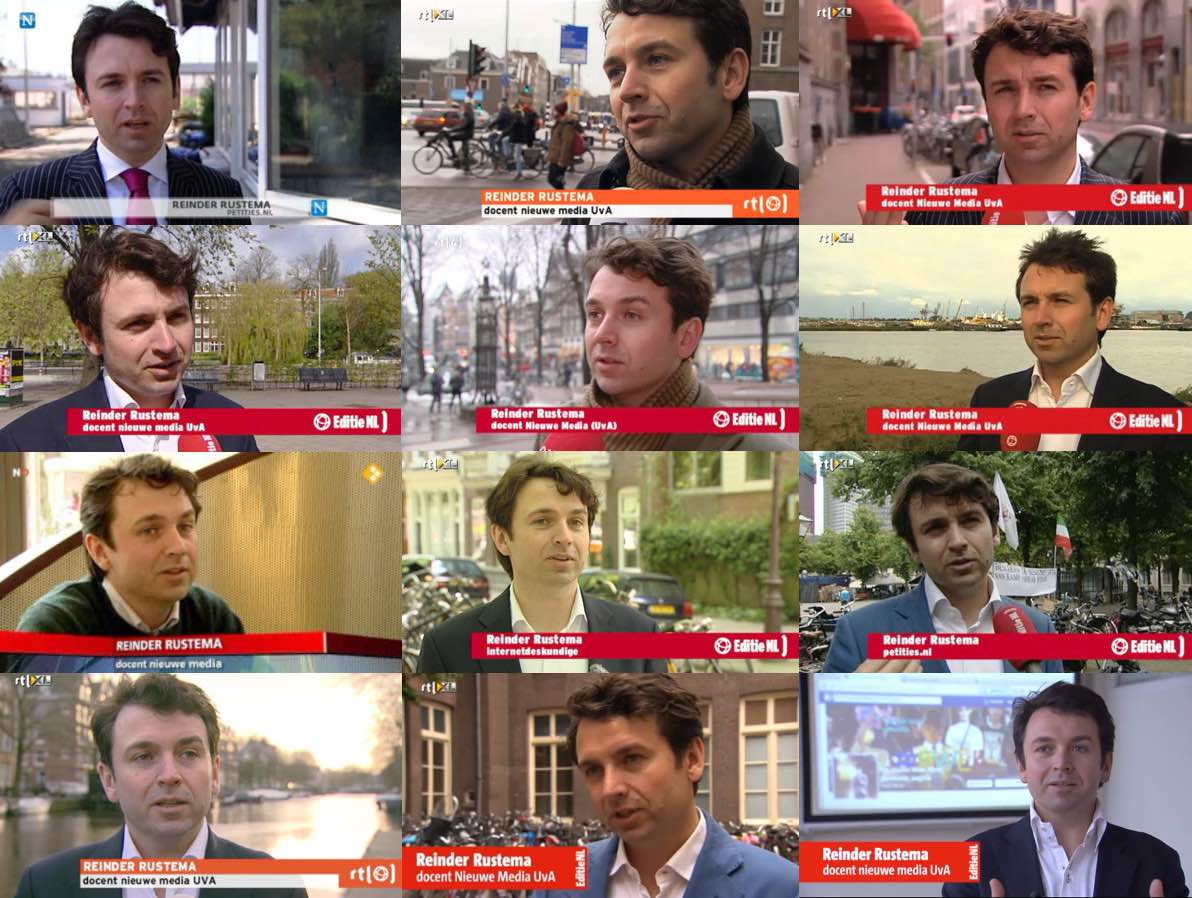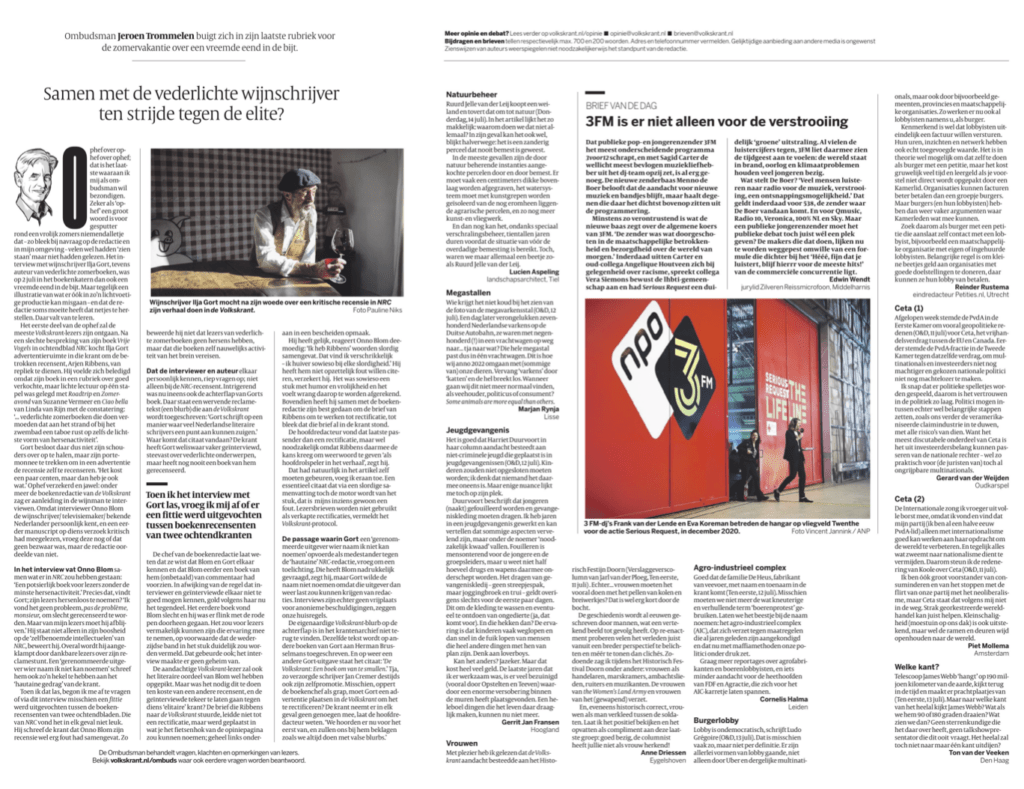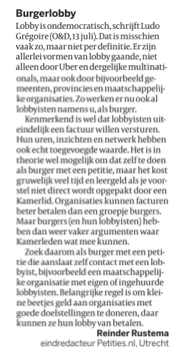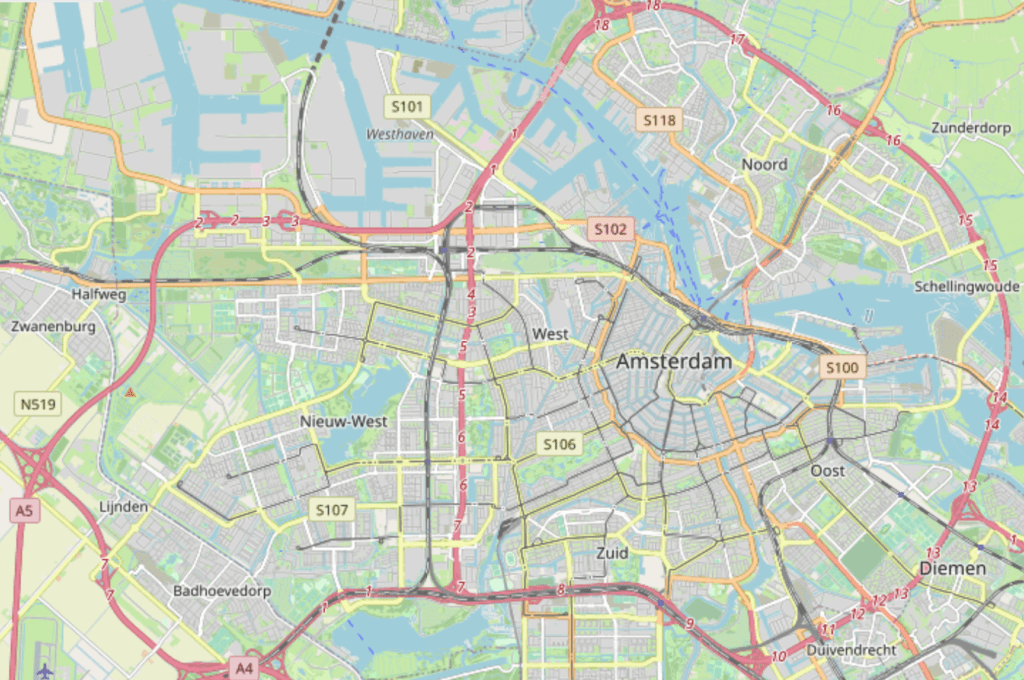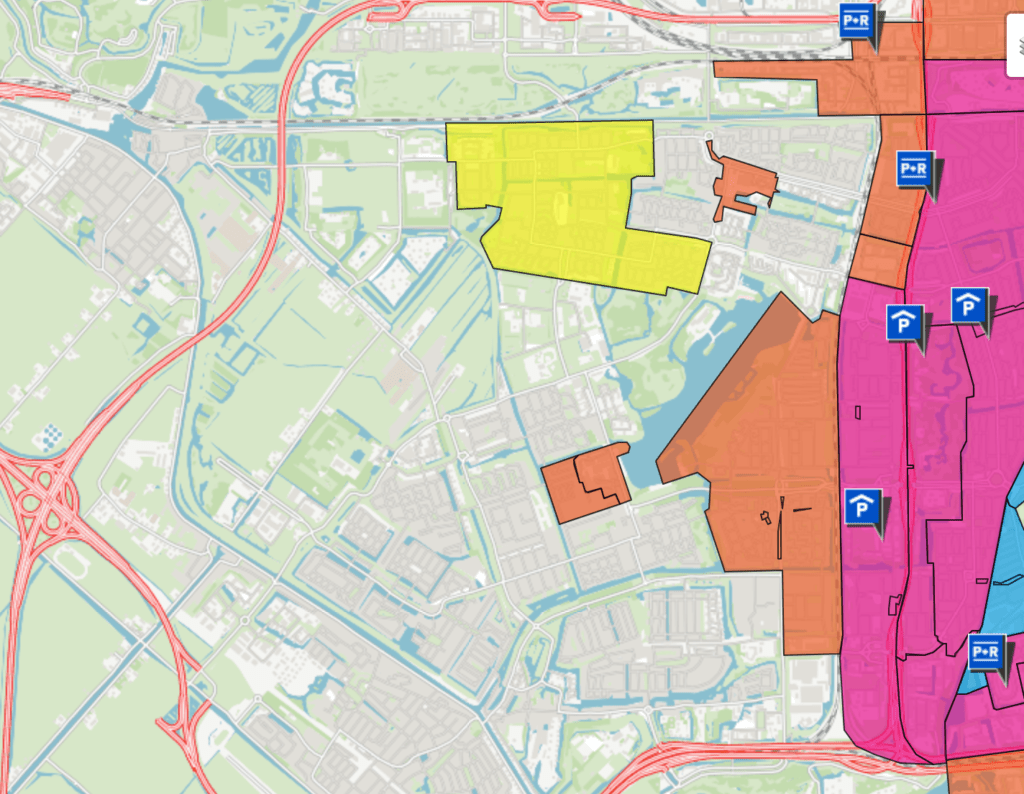To get a grip on reality I also read many of the pieces about Russia and Putin. Few pieces actually stand out. First there is this interview (in Dutch) in Knack with Russia analyst Tatjana Stanovaja, from France.
Putin thinks in systems. Russia as a system is pretty much finished, a job well done. The state functions, with pensions being paid, entrepreneurs can start and do their business, the economy is strong, financially way more stable than in the nineties. Some minor problems, but overall he achieved big successes for which all the Russians should be thankful and celebrate him as a leader.
Europe is geopolitically irrelevant and just an agent of the US. It is annoying that European countries take the side of the US. They have become irrational, weak and inpredictable. If only Europe was sovereign it would inevitably cooperate with Russia and not the US.
After Putin it will get worse rather than better. He is more moderate than the political mainstream. The fall of the Sovjet Union is still a major geopolitical trauma in Russia. Russians are convinced that the West is out to destroy Russia, the victim of history. The West neglected Russia the past three decades and did not act on such signals. Russia might very well become more aggressive.
Putin thinks in terms of intentions of other actors, not what actually happened. Which is after all only a version of reality. The west potentially could have been financing Navalny, potentially Ukraine could join NATO, all that is what matters.
There is a lot more good stuff in the interview.
Then about the Russians. Why are they so passive, how can they let all this pass? The Dutch writer Emma Bruns digs into her personal memories about her dealings with Russians. Some hilarious stuff (also in Dutch), which is probably also what makes others fascinated about Russia, like the founder of the Moscow Times Derk Sauer who becomes homesick for Moscow after four months in exile in the Netherlands, melancholy, ‘toska‘.
Along the way in her reflections Bruns mentions satirical writer Zinovjev and his fake autobiography Homo Sovieticus. Which got an entry in Wikipedia. In that entry there is a summarising quote from a certain Maria Domańska:
The “Soviet man” is characterised by his tendency to follow the authority of the state in its assessment of reality, to adopt an attitude of mistrust and anxiety towards anything foreign and unknown, and is convinced of his own powerlessness and inability to affect the surrounding reality; from here, it is only a step towards lacking any sense of responsibility for that reality. His suppressed aggression, birthed by his chronic dissatisfaction with life, his intense sense of injustice and his inability to achieve self-realisation, and his great envy, all erupt into a fascination with force and violence, as well as a tendency towards “negative identification” – in opposition to “the enemy” or “the foreigner”. Such a personality suits a quasi-tribal approach to standards of morality and law (the things “our people” have a right to do are condemned in the “foreigner”).
When you read this, a report in The Guardian how “the Muscovites put the war aside and enjoy summer” does not come as a suprise at all.
Another good article in De Groene Amsterdammer sums up the extreme violence in the Russian society which has a long history.
And another article in De Groene Amsterdammer how Putin needed this war, how this is extremely dangerous for everyone. Putin and his KGB-friends continue only until they are stopped. Although there is a divide between generations, but also within both Russia and (East) Ukraine. Those who are nostalgic about the soviet era versus the ones who want freedom.
In English, the Economist wrote on 29 July 2022: A dark state.
Vladimir Putin is in thrall to a distinctive brand of Russian fascism. That is why his country is such a threat to Ukraine, the West and his own people
These sources together are internally coherent and are externally coherent with what we know from history and the news. All this together validates this version of reality as something we can use well to understand it.
In De Groene Amsterdam of 15 june 2023 an article by Raymond van den Boomgaard appeared discussing the work of and interviewing Gulnaz Sharafutdinova. She wrote The Afterlife of the ‘Soviet Man’: Rethinking Homo Sovieticus (2023). Much has changed in Russia. A middle class was forming, they would travel, knew what the world was like. Developing well. But abruptly this came to a halt when Putin would go for a third term. Big demonstrations erupted. In reaction to that the regime realised that a shift from modernism to conservatism was needed. The big city Russians all of a sudden where no true good Russians. Grabbing Crimea in 2014 made Putin more popular: he was the wizard who could make the empire grow big again without any bloodshed. He could safeguard the greatness of Russia in the future. This waned within a few years with budget cuts in penions and such. Eventually he was considered the least bad of all the options.
